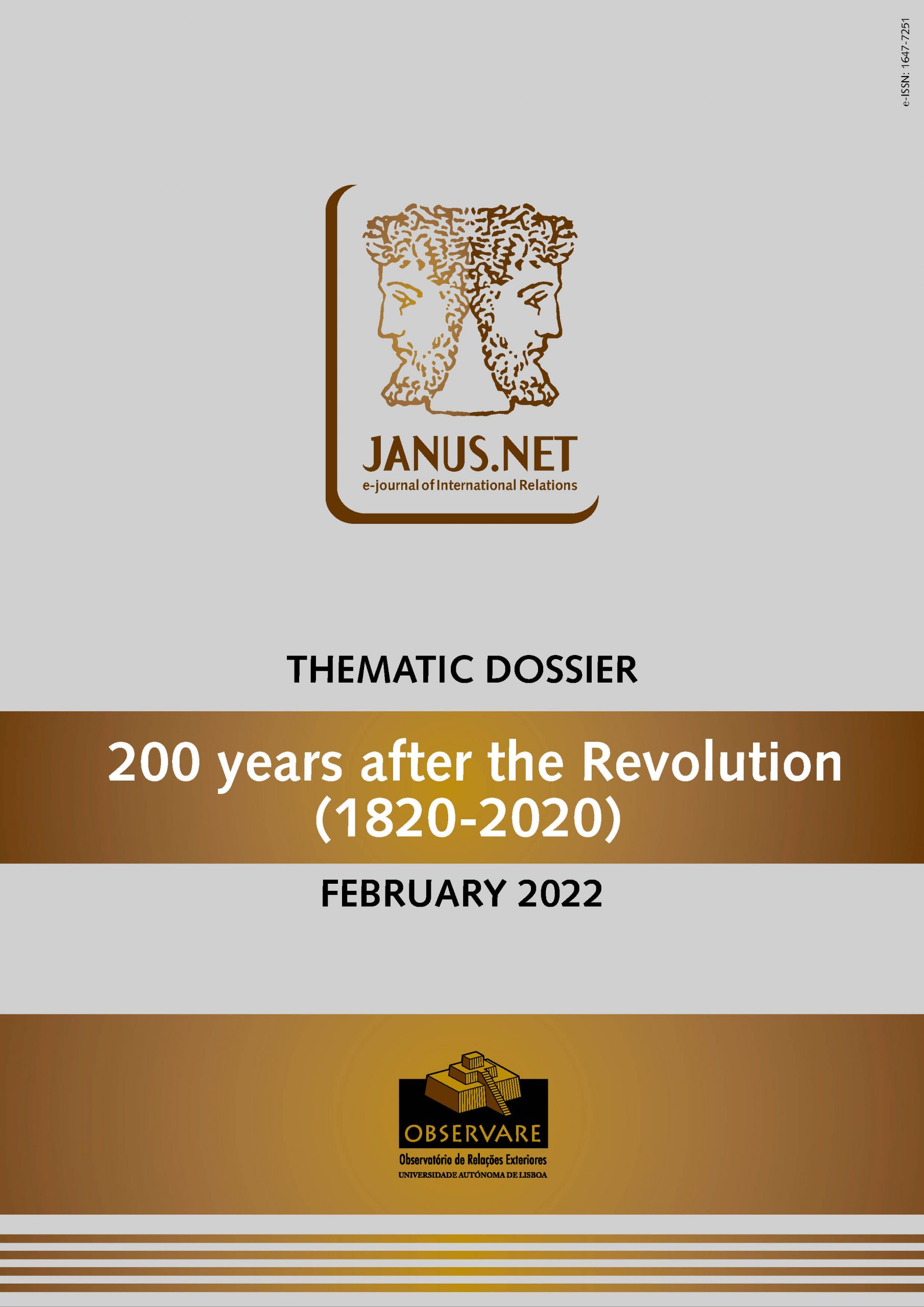What does “liberal order” mean? And should we distinguish between “world order” and “international order”? On what basis did the liberal order emerge and what factors contribute to its erosion? This article seeks to answer these questions in a text divided into four parts. In the first, we explain the meaning of “order” in international relations, the difference between “international” and “world” order and our notion of “liberal international order”. In the second, we justify the paradox of considering that the liberal order was built on what many call the “Westphalian system”, although we reject this designation and typification and the initial attempt to build a liberal world order after World War I World, as well as its rapid deconstruction. In the third part, we demonstrate the building and consolidation of a liberal order after World War II, within the framework of a broader world order in the context of the Cold War. And in the fourth, we show that this liberal order has been a “world” one since the end of the Cold War, and that this process occurred amidst paradoxes and ambivalences that contribute to its deconstruction.
CONSTRUCTION AND DECONSTRUCTION OF THE LIBERAL INTERNATIONAL ORDER
He is a Full Professor at Universidade Autónoma de Lisboa (Portugal), Director of the Department of International Relations, Director of the OBSERVARE-Observatory of External Relations research unit and Coordinator of the Ph.D. in International Relations: Geopolitics and Geo-economics. He is a Researcher in the areas of International Relations, Geopolitics and Security Studies, specializing in the Euro-Atlantic, Euro Asian and Asia-Pacific regions. He is the author and co-author of more than a dozen books and dozens of essays and articles published in national and international specialist journals. He has supervised and supervises several dissertations and theses, participating, as an examiner, in dozens of public examinations panels in national and international universities. He is an elected member of the Scientific Council of Universidade Autónoma de Lisboa and a guest lecturer at several higher education institutions, giving lectures and conferences.
Resumo
O que significa “ordem liberal”? E devemos distinguir entre “ordem mundial” e “ordem internacional”? Em que bases emergiu a ordem liberal e quais os factores que contribuem para a sua erosão? Este artigo procura responder a estas questões, num texto dividido em quatro partes. Na primeira, explicamos o sentido de “ordem” nas relações internacionais (RI), a diferenciação entre ordem “internacional” e “mundial” e a nossa concepção de “ordem internacional liberal”. Na segunda, justificamos o paradoxo de considerarmos que a ordem liberal foi construída sobre o que muitos apelidam de “sistema vestefaliano” embora rejeitemos essa designação e tipificação e, por outro lado, a tentativa inicial de construir uma ordem liberal mundial a seguir à I Guerra Mundial, bem como a sua rápida desconstrução. Na terceira parte demonstramos a edificação e consolidação de uma ordem liberal após a II Guerra Mundial, no quadro de uma ordem mundial mais ampla em contexto de Guerra Fria. E na quarta evidenciamos que essa ordem liberal se “mundializou” desde o fim da Guerra Fria, mas que esse processo ocorreu por entre paradoxos e ambivalências que contribuem para a sua desconstrução.
Palavras-chave
Como citar este artigo
Tomé, Luis (2021). Construction and deconstruction of the Liberal International Order. Janus.net, e-journal of international relations. Thematic dossier 200 years after the Revolution (1820-2020), December 2021. Consulted [online] in date of the last visit, https://doi.org/10.26619/1647-7251.DT0121.6
Article received on 30 August, 2021 and accepted for publication on 13 October, 2021















